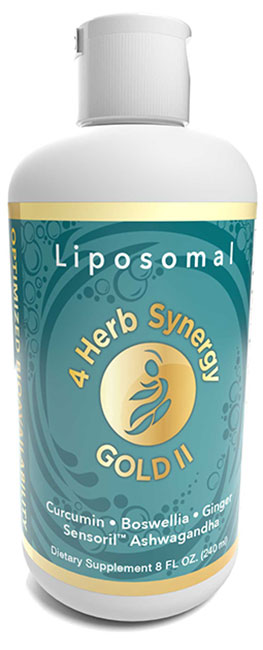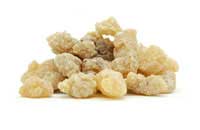When it comes to herbal supplements, it is important to consider how absorbable it will be. The truth is, some herbal formulations aren’t as effective as they could be because the bioavailability isn’t where it should be. This is a term that refers to how well your body absorbs and utilizes the nutrients from the supplement. Understanding bioavailability can help you find the right supplements for your needs and help you make informed choices a consumer.
This is why we were so careful to formulate 4 Herb Synergy Gold II as a liposome – to maximize bioavailability. Here’s a look at what this means:
What Is Bioavailability
The percentage of a nutrient or compound that enters your bloodstream and becomes usable by your body is known as its bioavailability. Essentially, it gauges the amount of an active ingredient in a supplement that is truly absorbed and utilized. For instance, the bioavailability is 50% if you take a 500 mg vitamin C tablet but only absorb 250 mg.
Bioavailability can be affected by a number of factors, including the form of the supplement, the way it is delivered, and your personal health. For example, because they are simpler to digest and absorb, liquids and powders frequently have higher bioavailability than capsules or tablets.
Why Bioavailability Matters
The percentage of a nutrient or compound that enters your bloodstream and becomes usable by your body is known as its bioavailability. Essentially, it gauges the amount of an active ingredient in a supplement that is truly absorbed and utilized. For instance, the bioavailability is 50% if you take a 500 mg vitamin C tablet but only absorb 250 mg.
Bioavailability can be affected by a number of factors, including the form of the supplement, the way it is delivered, and your personal health. For example, because they are simpler to digest and absorb, liquids and powders frequently have higher bioavailability than capsules or tablets.
Factors Affecting Bioavailability
Several factors influence the bioavailability of a supplement:
- Formulation: Supplements with added enhancers like black pepper extract (piperine) or liposomal delivery systems can improve absorption. For instance, curcumin, the active compound in turmeric, has notoriously low bioavailability on its own but becomes more absorbable when paired with piperine.
- Timing and Food Intake: Some supplements are best taken with meals to enhance absorption, while others, like probiotics, are better on an empty stomach.
- Individual Physiology: Age, digestive health, and genetic factors can affect how well your body absorbs nutrients.
How to Choose Bioavailable Supplements
When shopping for supplements, look for evidence-based formulations designed to enhance bioavailability. Here are some tips:
- Opt for Liposomal Formulations: This technology helps nutrients bypass the digestive system for better absorption.
- Make Sure Product is Well Researched: Choose brands that provide third-party testing and clinical studies supporting their product’s effectiveness.
Bioavailability is the key to unlocking the full potential of supplements. Without it, even the best ingredients can fall short of delivering results. By understanding the science behind bioavailability and choosing supplements formulated for maximum absorption, you can ensure your body gets the nutrients it needs to thrive. Always consult a healthcare provider to find the right supplements for your individual needs.




